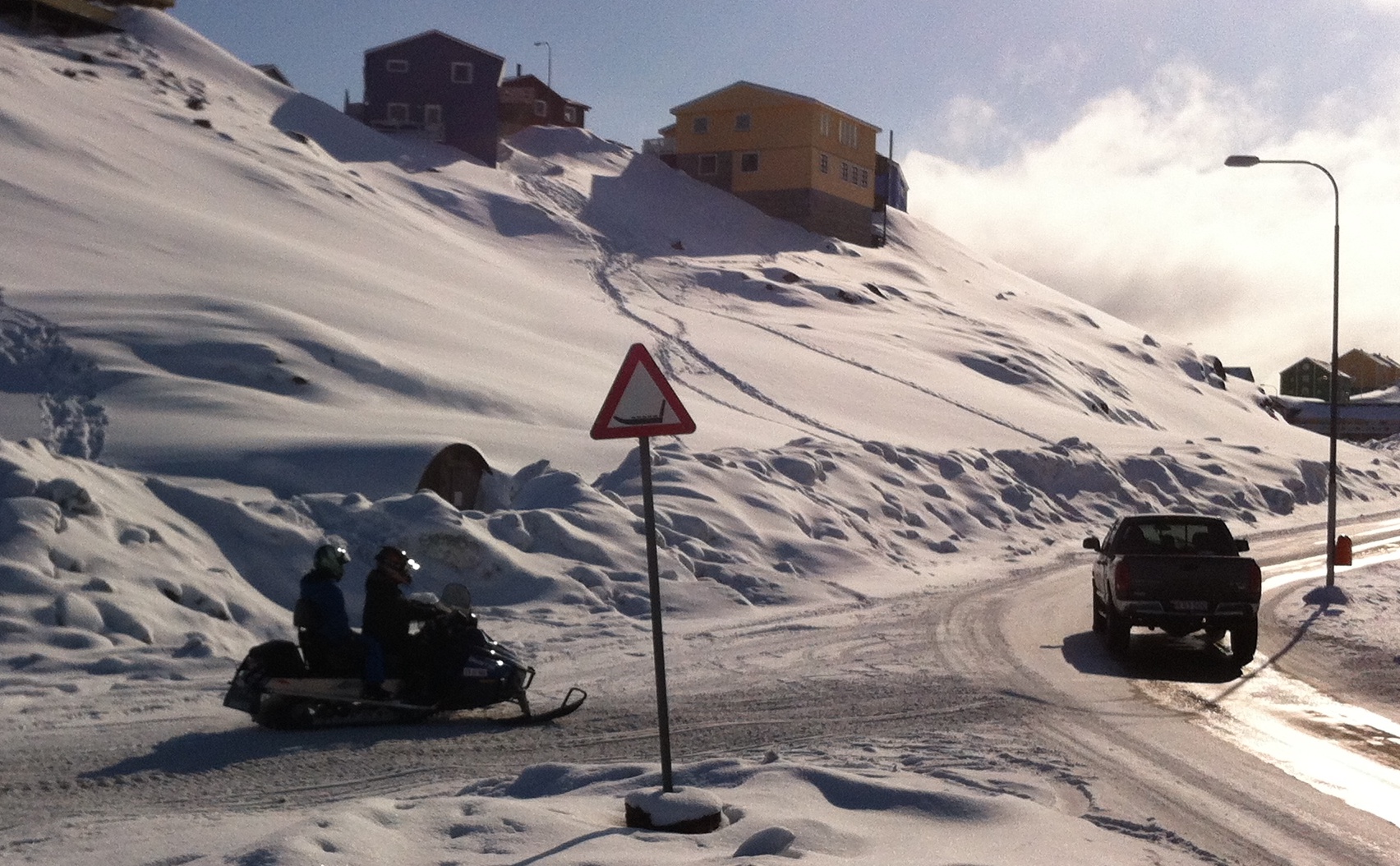Greenland is set to receive half of EU funding for ‘overseas strategic outposts’
The agreement is a sign of the “extremely special” relationship between Nuuk and Brussels says Naalakkersuisut.

The European Union’s foreign ministers have given their approval to a seven-year, €225 million ($260 million) assistance package for Greenland that leaders in Nuuk say they will primarily use to improve the country’s educational system.
The funding comes from the €500 million the EU plans to provide to Overseas Countries and Territories as part of the bloc’s seven-year, €1 trillion budget.
In addition to education, Greenland will use 10 percent of the funding on “green growth” initiatives that promote biodiversity, renewable-energy development and climate research.
The 14 OCTs are all former colonies or dependencies of France, the Netherlands or — in the case of Greenland — Denmark. Though not a part of the EU, they are considered by Brussels to be “strategic outposts” in the Arctic, North Atlantic, Caribbean, Polynesia and Antarctica.
[The EU approaches an ‘important juncture’ in its Arctic involvement]
Greenland has in the past received funding from Brussels as part of recurring multi-year partnership agreements. The most recent, running from 2014 until last year, was worth €220 million and was also used to fund educational programs.
Past payments have been separate from the EU’s payments to OCTs. Changing that makes it possible for Greenland to obtain further funding from two additional pools totaling €35 million.
Prior to the change, the other OCTs received a total of €364 million in their own seven-year agreement with Brussels.
The size of the payment, according to Naalakkersuisut, underscores the “extremely special” relationship between Greenland and the EU.
[Greenland joins EU minerals group]
In addition to its OCT payment, Greenland receives on the order of €20 million annually as part of a four-year fisheries agreement with the EU and has duty-free access to the EU’s €14 trillion internal market.
The OCT agreement is, according to Naalakkersuisut, the result of “years” of negotiations, and comes as the EU is seeking to play an increasingly active role in the region.
This week, members of the European Parliament passed a resolution calling for “constructive international cooperation” in the region. And, on October 13, the commission is expected to release the latest iteration of its Arctic Policy.
Below: MEP Anna Fotyga and European Commissioner Thierry Breton address the European Parliament on October 5 ahead of debate about a foreign affairs committee report about the region